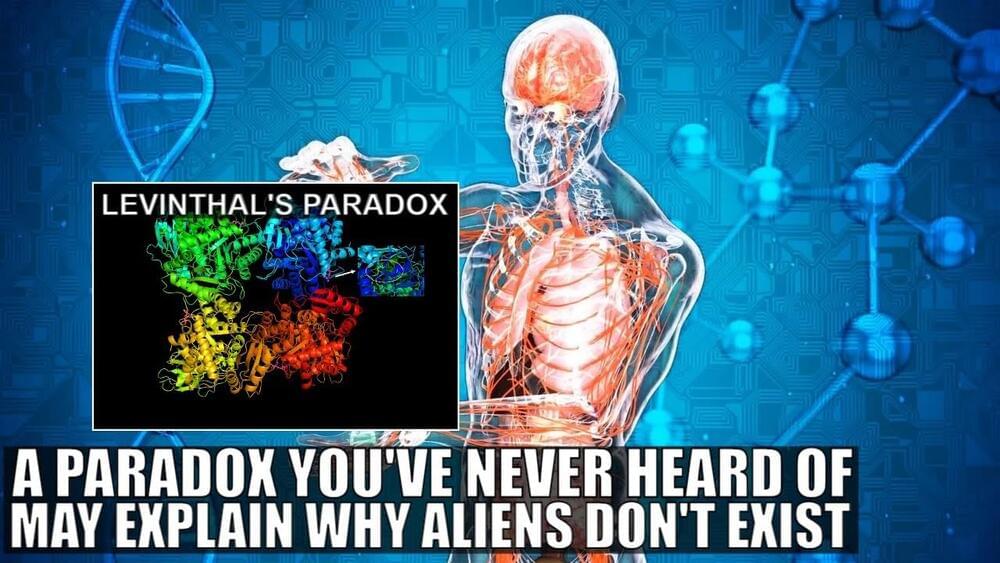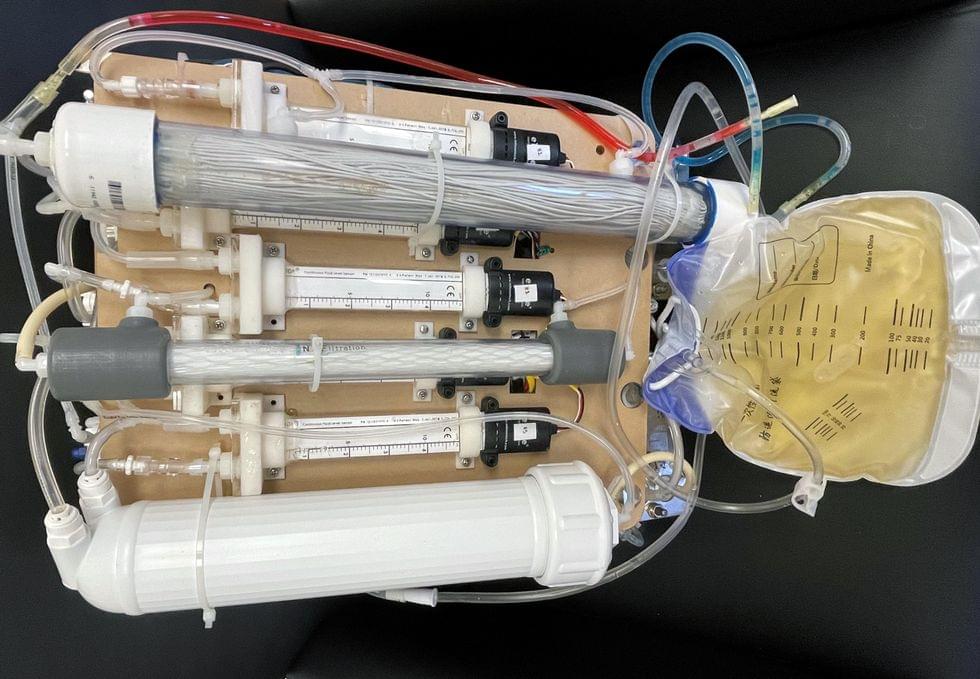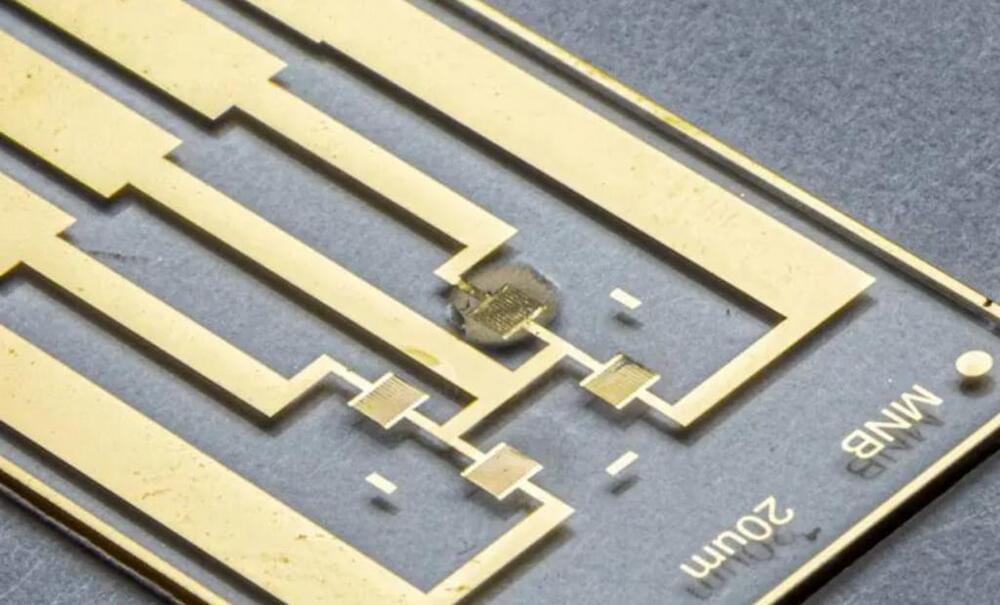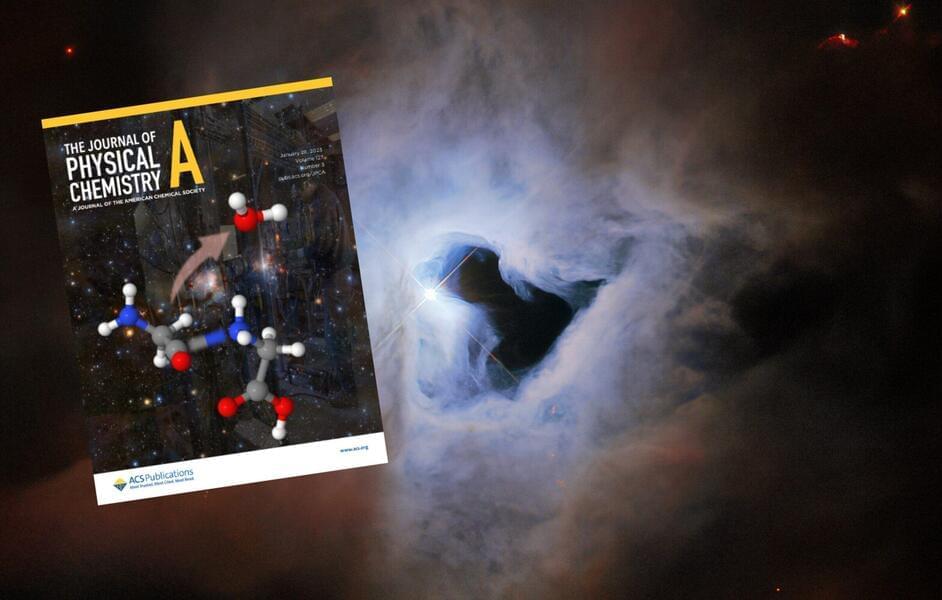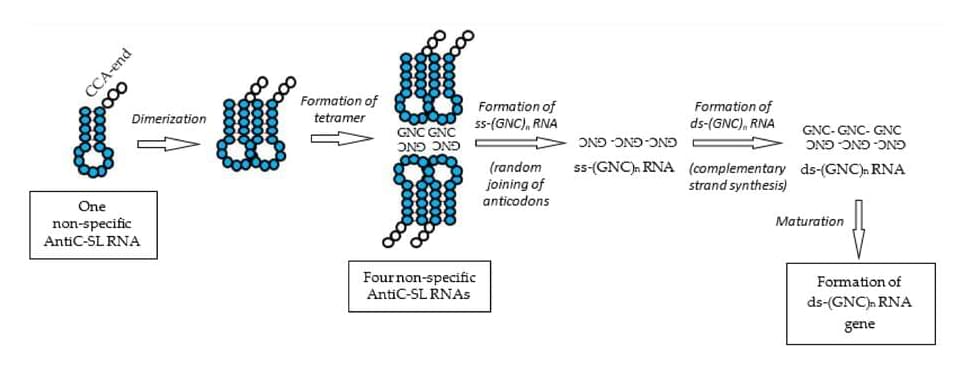Feb 20, 2023
Just an Ordinary Material? The Last Mysteries of Mica
Posted by Jose Ruben Rodriguez Fuentes in categories: chemistry, materials
A well-known mineral is once again the center of attention thanks to applications in electronics: the Vienna University of Technology shows that mica still possesses some surprises.
At first glance, mica appears to be quite ordinary: it is a prevalent mineral found in materials like granite and has undergone extensive examination from geological, chemical, and technical standpoints.
At first, it may seem that there’s nothing groundbreaking that can be uncovered about such a commonplace material. However, a team from the Vienna University of Technology has recently published a study in Nature Communications.

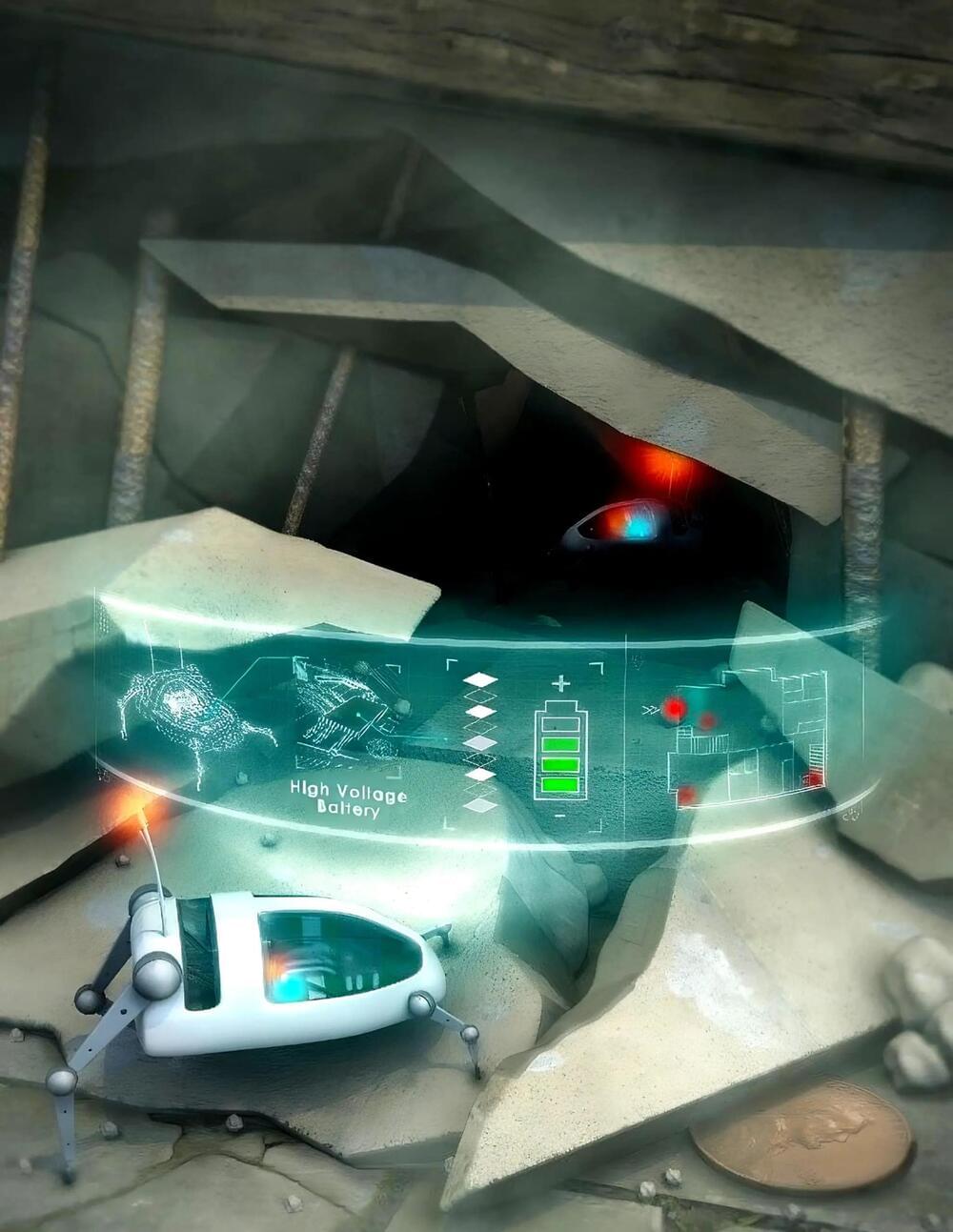
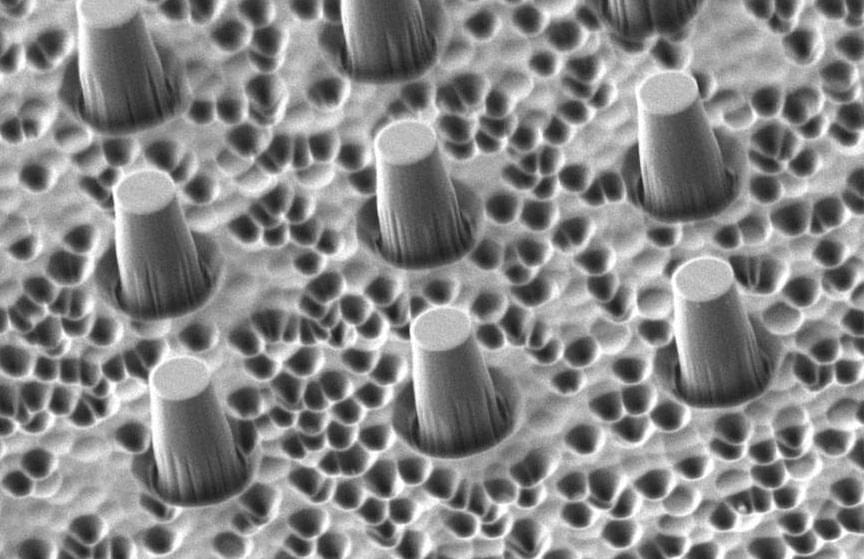
 Could we imagine a world where our minds are fused together and interlinked with machine intelligence to such a degree that every facet of consciousness is infinitely augmented? How could we explore the landscapes of inner space, when human brains and synthetic intelligence blend together to generate new structures of consciousness? Is it possible to interpret the ongoing geopolitical events through the lens of the awakening Gaia perspective?
Could we imagine a world where our minds are fused together and interlinked with machine intelligence to such a degree that every facet of consciousness is infinitely augmented? How could we explore the landscapes of inner space, when human brains and synthetic intelligence blend together to generate new structures of consciousness? Is it possible to interpret the ongoing geopolitical events through the lens of the awakening Gaia perspective?
